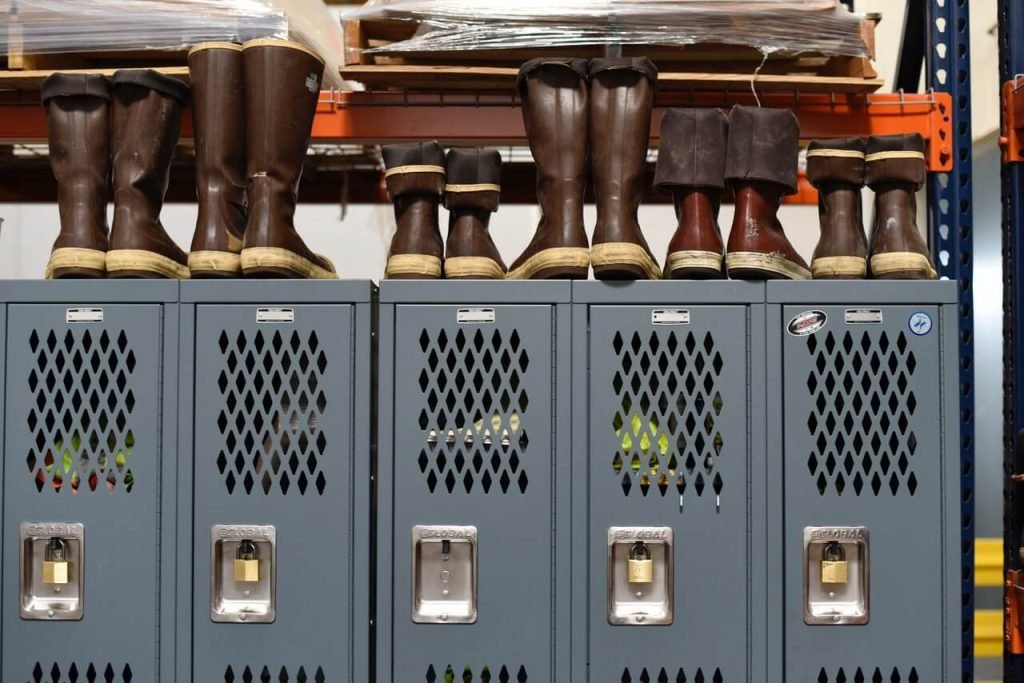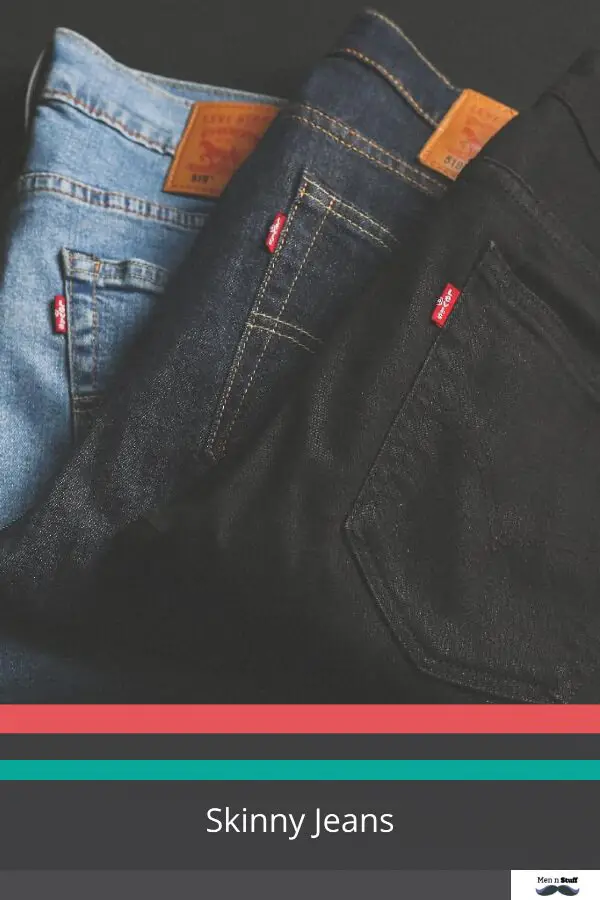Fashion business management is the process of planning, organizing, directing, and controlling the activities of a fashion business. It involves overseeing all aspects of the business, from product development to marketing to sales.

What Is Fashion Business Management?
It is hard to find a person who does not like fashion. Fashion has been around for centuries, and it seems as if people never get tired of the latest trends. What most people don’t know, however, is that there are two major aspects to the fashion industry: management and design. In this blog post, we will explore what business management in the world of fashion entails!
We all have our favorite designers but how many of us actually know much about what they do? The reality is that designing clothes can be difficult work – full-time or part-time (depending on your level). Besides coming up with creative ideas every day for new collections; you also need to deal with orders from clients; and organize production schedules.
How to Pursue a Career in Fashion Business Management
Embarking on a career in the fashion industry can be an exciting and rewarding journey. If you have a passion for both fashion and business, pursuing a career in fashion business management could be the perfect fit for you. To help you get started, we’ve put together a list of steps you can take to pave your path in this dynamic field.
- Education is key:
Obtaining a solid educational foundation is crucial for a successful career in fashion business management. Consider pursuing a degree in fashion merchandising, fashion business, or a related field. Look for reputable schools or universities that offer programs specifically tailored to fashion and business. - Gain relevant work experience:
While studying, seek out internships or part-time jobs at fashion companies, retail stores, or fashion PR agencies. This will provide you with valuable industry knowledge, hands-on experience, and networking opportunities. Aim to intern in different areas of the fashion business, such as buying, merchandising, marketing, or fashion events, to gain a comprehensive understanding of the industry. - Network within the fashion industry:
Building connections is essential in any industry, and fashion is no exception. Attend industry events, conferences, and workshops to meet professionals and create meaningful connections. Engage with fashion business management alumni, join fashion organizations, and leverage social media platforms like LinkedIn and Instagram to connect with industry leaders and stay updated on trends and opportunities. - Develop strong business acumen:
Fashion business management requires a solid understanding of both the fashion industry and business principles. Take courses in marketing, finance, and entrepreneurship to build a robust skill set. Look for online courses, workshops, or certifications that can help you develop expertise in areas such as brand management, retail analytics, or supply chain management. - Stay on top of industry trends:
Fashion is a highly dynamic and ever-changing industry. Stay ahead of the curve by immersing yourself in fashion publications, industry blogs, and trend-forecasting websites to understand consumer behavior and emerging market trends. Being knowledgeable about industry developments will make you a valuable asset in the fashion business management field. - Build a strong portfolio:
As you gain experience and knowledge, start building a professional portfolio that showcases your skills, achievements, and projects. Include internships, relevant coursework, and any fashion-related projects you have worked on. This portfolio will be invaluable when applying for positions in fashion business management. - Be open to diverse career paths:
Fashion business management offers a wide array of career opportunities. Consider roles such as fashion buyer, merchandiser, brand manager, retail manager, product developer, or fashion event coordinator. Keep an open mind and explore different avenues within the industry to find a career path that aligns with your strengths and interests. - Stay adaptable and continue learning:
To thrive in the dynamic world of fashion business management, you must be adaptable and open to learning. Stay updated on current technologies, industry advancements, and market trends. Seek out professional development opportunities, attend workshops, or pursue higher education to further enhance your skills and knowledge.
Fashion Business Management Characteristics
Fashion Business Management combines fashion expertise with essential business skills to thrive in the fashion industry. Here are its key characteristics in detail:
- Fashion Industry Knowledge: It entails a deep understanding of fashion trends, textiles, design, and consumer preferences. Staying updated on the latest fashion trends is crucial.
- Business Acumen: Fashion managers need strong business skills, including marketing, finance, operations, and strategic planning, to effectively run fashion-related ventures.
- Supply Chain Management: It involves overseeing the entire supply chain, from sourcing raw materials to manufacturing and distribution, ensuring efficient and cost-effective operations.
- Product Development: Managing the process of bringing a fashion product from concept to market, including design, prototyping, and production.
- Merchandising: Selecting, purchasing, and pricing fashion products to meet consumer demand while maximizing profitability.
- Marketing and Promotion: Creating marketing strategies to build brand awareness, develop advertising campaigns, and engage customers through digital and traditional channels.
- Retail Management: Operating and optimizing physical retail spaces or e-commerce platforms, focusing on customer experience and sales.
- Brand Management: Developing and maintaining a brand’s identity, reputation, and image, ensuring consistency across all touchpoints.
- Global Perspective: Fashion managers often work in a global market, requiring an understanding of international trade, cultural nuances, and diverse consumer preferences.
- Sustainability: An increasing focus on sustainability in fashion management involves incorporating eco-friendly practices, ethical sourcing, and responsible manufacturing.
- Data Analytics: Utilizing data-driven insights to make informed decisions about inventory management, pricing, and marketing strategies.
- Trend Forecasting: Anticipating fashion trends by analyzing consumer behavior, social media, and market research to stay ahead in a highly competitive industry.
- Risk Management: Identifying and mitigating potential risks, such as supply chain disruptions or shifts in consumer preferences.
- Ethical and Social Responsibility: Considering the social and ethical implications of fashion choices, including labor practices, fair wages, and diversity and inclusion.
- Entrepreneurship: Fashion business management can lead to entrepreneurial opportunities, such as starting a fashion brand or boutique.
- Financial Management: Managing budgets, expenses, and financial resources efficiently to ensure profitability and sustainability.
Why Do You Need A Fashion Business Manager?
The fashion business manager’s responsibilities can vary, depending on the specific needs of the company for which they work. In most cases, however, these are some of their largest tasks: order production and distribution; organize marketing campaigns (for example to promote a new line or event); manage customer relations (such as complaints). Many additional jobs will be delegated by managers where it is not necessary for them to oversee every task in person.
What Does A Fashion Business Major Do?
There are many roles for fashion business majors outside of management. Entry-level positions include assistant in product development, merchandiser/buyer at a retail store, or event coordinator. With experience and skillsets gained from internships, graduates can move to increasingly higher-paying jobs within the industry such as buyers with an online retailer that specializes in luxury goods; procurement agents who buy products on behalf of retailers or manufacturers; regional sales managers for high-end designer clothing.
What Is The Fashion Business Definition?
The fashion industry is a global business with over $300 billion in annual revenue. Fashion businesses include all the people and organizations that are involved in designing, manufacturing, marketing, or selling clothes and accessories. It includes clothing companies such as Calvin Klein; retailers who sell clothing like Gap, Target, and Nordstrom; manufacturers of fabrics used to produce apparel such as cotton mills or yarn producers; advertising firms that promote fashion brands such as Burberry’s “Myths” campaign from 2008 which featured actress Kate Moss draped in robes made of cashmere shawls dipped into the water so they looked soaked through (a reference to luxury goods’ reputed ability to withstand even highly challenging conditions); warehouses where products are stored before being shipped out for sale at retail stores;
Is Fashion Management A Good Career?
It depends on what you want to do. Fashion management is a broad term that covers everything from designing clothes to promoting them, selling, or manufacturing them. One of the best things about fashion management is it offers many opportunities in various industries so whatever your interests are there’s probably an area for you. For example, if you enjoy producing new designs and coming up with creative ideas then maybe you would like to research trends and working as a stylist at a magazine such as Vogue; alternatively, if marketing really excites you but the design doesn’t give much inspiration then perhaps being involved in advertising might be more suitable – agencies always need people who have good communication skills and can come up with innovative ways of reaching out to customers! However, keep in mind these jobs.
How To Find The Right Person For Your Business?
Finding the right person for your business can be a long process, but companies typically follow some steps to find an employee who matches their needs. The best place to start is with someone already within the company–the recruiter or HR department may have suggestions about suitable candidates. If that doesn’t work out, one option is posting information on job boards such as Indeed and CareerBuilder, which will show anyone looking for employment in this field of study. There are also specialized sites like Fashionista Jobs that cater specifically to fashion professionals; searching there might lead you to someone who would make sense for your company’s needs.
The Benefits Of Hiring A Fashion Business Manager
In the fashion industry, there are a variety of different specializations that one can choose from for their career. One such specialization is fashion business management; this could be an excellent choice if you’re aiming to become successful in the field of design or marketing but know nothing about how to run a company.
The benefits of hiring a fashion business manager include increased revenue due to improved organization and effective decision-making skills, decreased stress on staff by having someone with experience overseeing operations, and access to specialized knowledge on legal issues when it comes time for expansion plans.
How Much Does It Cost To Hire A Fashion Business Manager?
Businesses in the fashion industry may be able to save on expenses by hiring a professional fashion business manager. The average annual salary of these professionals is $50,000-$60,000 with an additional 20% commission for sales and marketing staff members. Fees charged for services will depend on what you’re looking for; some managers charge up-front consulting fees while others provide monthly accounting or other administrative services based on hours worked. Other benefits include increased revenue due to improved organization and effective decision-making skills as well as decreased stress on staff by having someone who knows how to run a company oversee operations when it comes time for expansion plans.
Career Opportunities With A Degree In Fashion Business Management
There are many job opportunities for those with a degree in fashion business management. Some of these include:
– Fashion Designer
– Entrepreneurial Consultant/Brand Manager
– Retail Buyer and Merchandiser
– Marketing Specialist, Social Media Manager, or PR Representative at Luxury Brands (e.g., Louis Vuitton)
– Sales Analyst or Product Development Associate at Apparel Manufacturers (Hanesbrands or Victoria’s Secret) to name just a few!
If you have what it takes to become an effective manager and entrepreneur then consider earning your Fashion Business Management Degree from one of the top colleges in America like The Ohio State University – Columbus Campus today!

